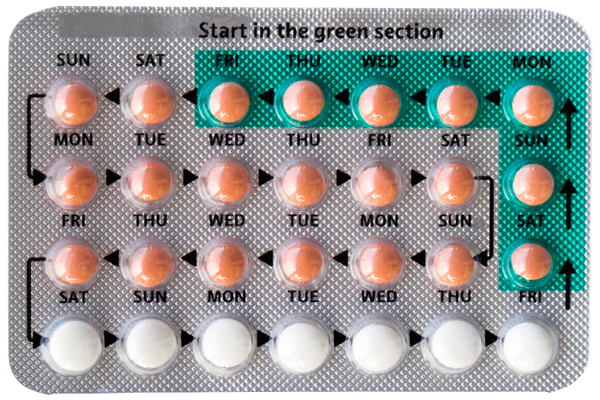Many patients come to see me for advice about contraception. There’s never one right answer as everyone has different needs, and most patients first discuss the options with their mums, friends and of course Dr Google!
In this three part series, Contraception 101, I'll present an overview of some of the options for contraception I discuss with my patients, and explain when I usually recommend each. Today's post covers oral contraceptives.
“The Pill”
'The Pill' is probably the most common type of contraceptive for women and is often credited as helping to improve the status of women by offering simplicity and effectiveness in birth control. 'The Pill' refers to the combined oral contraceptive pill, which contains synthetic forms of estrogen and progesterone (the hormones produced by the ovaries). The pill is a reliable contraceptive if it is taken daily, at the same time each day. I often recommend the pill as a contraceptive option for women who also want to regulate their periods. There are many different types of the pill (Levlen, Yaz, Diane to name just a few). Some types of the pill may have additional effects such as improved mood or reduced acne.
The 'mini pill' is a progesterone only pill. It is less reliable as a contraceptive than the combined pill, but is often used in women who are breast feeding or are unable to take estrogen due to problems with blood clots.
Pros and cons? The pill is non-invasive and can be easily stopped at any time if you experience side effects. Taking the pill also often causes periods to be lighter and less painful. The main drawback is that you have to be able to remember to take a tablet every day.
What works well for one person, may have different effects for another. If you are thinking about starting the pill, you should seek advice from your GP or gynaecologist.
In part two of Contraception 101, I'll cover intra-uterine devices (IUDs), implants and injections.

